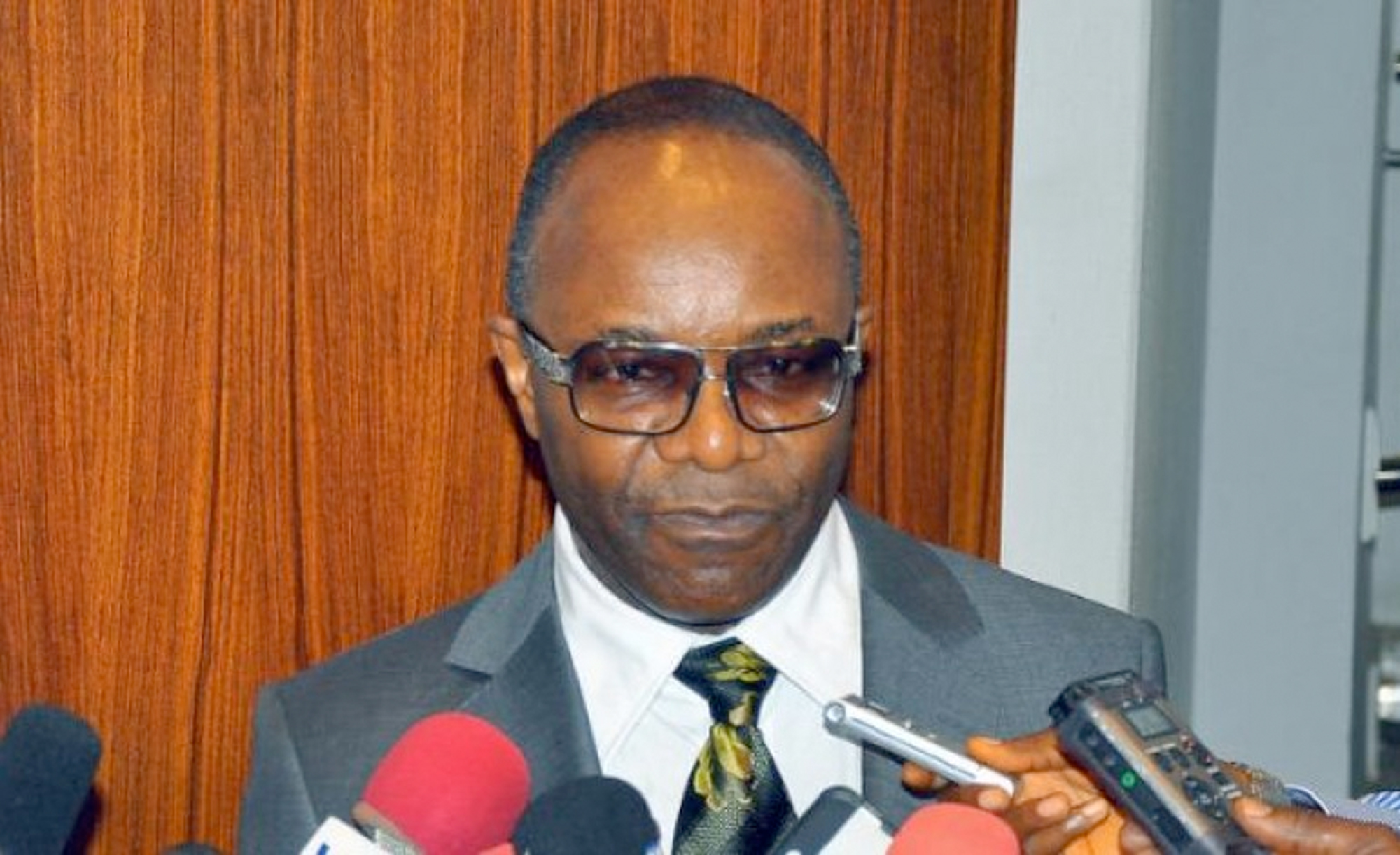- Kachikwu, Others Worry as Fuel Marketers Halt Importation
One year after the partial liberalisation of the nation’s fuel market, the Minister of State for Petroleum Resources, oil marketers and other stakeholders are concerned over the continued supply of over 90 per cent of petroleum products in the country by the Nigerian National Petroleum Corporation.
Most oil marketers have stopped fuel importation due to shortage of foreign exchange and increase in crude prices, which they claim have made it unprofitable to import petrol and sell at N145 per litre.
The Federal Government had on May 11, 2016 increased the price of Premium Motor Spirit (petrol) to N145 per litre from N86, putting an end to fuel subsidy to marketers.
Kachikwu, in his presentation at the 2017 first Business Clinic of the Petroleum Downstream Group of the Lagos Chamber of Commerce and Industry in Lagos on Friday, stressed the need to reposition the downstream sector of the oil and gas industry.
He noted that the downstream sector witnessed increasing gaps in product supply in the first and second quarters of 2016, adding that the non-availability of forex and the inability of marketers to open letters of credit had force them to stop importation.
The minister, who was represented by the Chief Operating Officer, NNPC, Mr. Henry Ikem-Obih, said the NNPC was forced to take up the obligation of providing more than 90 per cent of the domestic requirement to cover the demand for petroleum products.
“The NNPC was not designed to provide this kind of service. Historically, the NNPC had done an average of 48 per cent of Nigeria’s fuel requirement. What eventually happened was that the NNPC was stretched, and to complicate the situation, there was no provision for fuel subsidy in the 2016 Appropriation,” he said.
He said the environment had changed since the downstream sector was partially deregulated last year, adding that the rise in crude oil prices had pushed up the price of refined products.
Kachikwu said, “Again, we are back to the situation that we were last year. Today, the NNPC has gone back to importing about 95 per cent of products to ensure stability. In fact, through the months of December, January, February and most of March, we did a 100 per cent for the market. We have seen two windows for private importation in the last four weeks.
“The NNPC is absorbing some of the cost implications resulting from the increase in crude oil prices and the current price ceiling of N145 at the pump for the PMS.”
He stressed the need to revisit the price modulation that was introduced to reflect the movement of crude oil prices on fuel price.
The minister said, “If we had continued the modulation policy as structured, we probably would, at this stage, have created sufficient stability in the market where marketers can go out, get forex from the Central Bank of Nigeria, import products and recover their investments, or, in the worst case, break even.
“A lot of time, we control pricing because it is convenient and for several reasons. But it ultimately creates insecurity and distortions in the market.”
The Managing Director, Heyden Petroleum Limited and Chairman, Depot and Petroleum Products Marketers Association, Mr. Dapo Abiodun, said when the price band of N135 to N145 was introduced last year, crude oil price was around $35 per barrel and the exchange rate pegged at N285 to a dollar.
He said, “The plan last year was that as crude prices changed, hopefully, we would be able to keep exchange rate constant, we would continue to modulate the selling price maybe every quarter. The price of crude has moved up; the exchange rate has increased to N305/$; however, the petrol price band remains unchanged.”
He said marketers continued to import and their margins began to shrink, adding that they stopped importation when it became unprofitable.
Abiodun said, “Today, marketers own banks over $2bn. There is hardly any bank in Nigeria today that is advancing credit to any marketers. Today, the NNPC is warehousing subsidies plus the inefficiencies associated with the operations.”
The President, LCCI, Dr. Nike Akande, said the theme of the event, ‘Nigerian Economy in a Recession: Alternative strategies for the Petroleum Downstream Sector’, was apt and timely.
She said, “In the face of the evolving restructuring of the oil and gas sector in Nigeria and the call for new models of refineries, we call on the government to ensure an appropriate regulatory environment for the private sector to drive investments and operations of the sector for optimal profitability. We reiterate our call for the passage of the Petroleum Industry Bill to boost confidence and give direction in the sector for investors.”
Commenting on the NNPC’s dominance of fuel importation, the Chairman, Petroleum Downstream Group, LCCI, Mr. Ken Abazie, said, “We believe that is abnormal and it is not sustainable. It is no longer profitable to bring in petrol and sell at N145 per litre.”
He said the lack of adequate refining capacity in the country was a big challenge that needed to be urgently addressed.

 Forex3 weeks ago
Forex3 weeks ago
 Naira2 weeks ago
Naira2 weeks ago
 Billionaire Watch2 weeks ago
Billionaire Watch2 weeks ago



 Naira3 weeks ago
Naira3 weeks ago






 Naira2 weeks ago
Naira2 weeks ago




 Naira1 week ago
Naira1 week ago




 Naira4 weeks ago
Naira4 weeks ago






 Naira1 week ago
Naira1 week ago
























